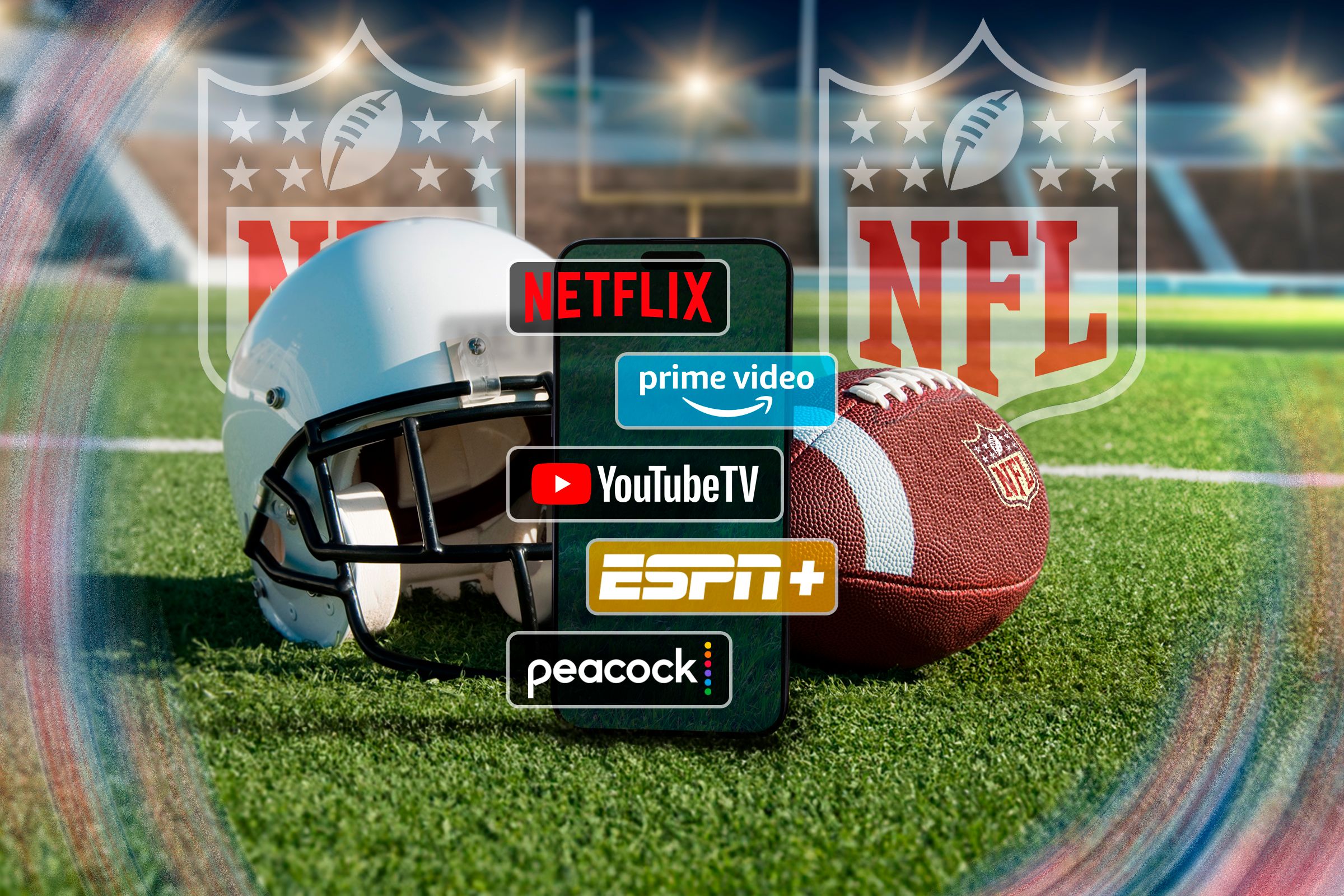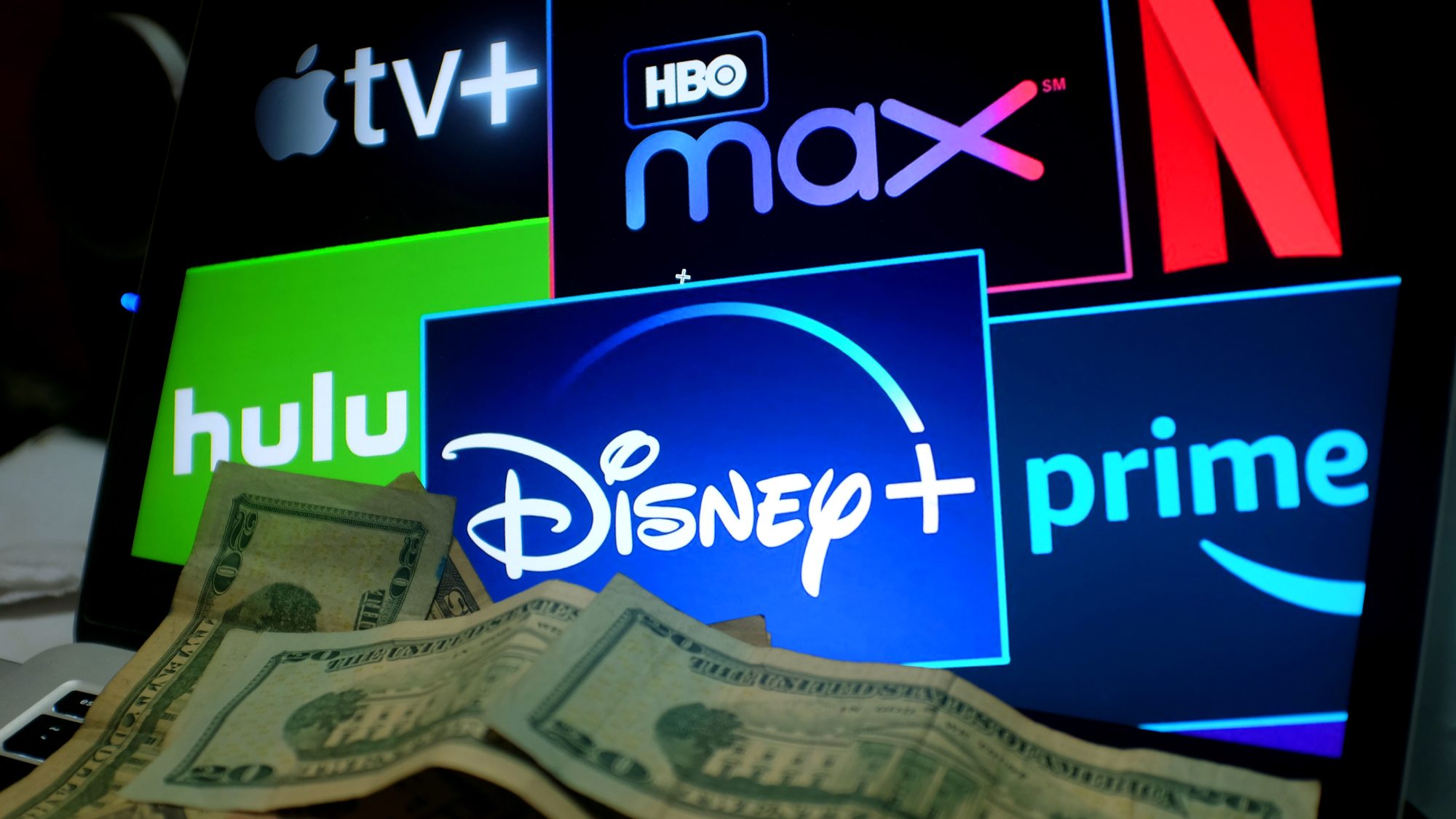
Netflix Enters the Live Sports Arena: A Game Changer for Streaming?
With its recent decision to broadcast live sports, Netflix has taken a bold step that could significantly alter the landscape of streaming services and sports broadcasting. While many fans and industry watchers have become accustomed to Netflix’s repertoire of documentaries and original series, the streaming giant surprised everyone by airing two exclusive NFL games on Christmas Day, marking a significant pivot in its content strategy.
 Netflix expands its offerings with live sports.
Netflix expands its offerings with live sports.
For many sports fans, this shift could complicate an already fragmented viewing experience. With the proliferation of streaming platforms, people now find themselves needing multiple subscriptions to access various sporting events. Industry experts predict this trend will only intensify as more major players enter the fray with exclusive rights to top-tier sporting events.
A Testing Ground for Future Live Sports Broadcasts
Christian Seifert, the former CEO of the German Football League (DFL), shared insights at the recent “Sport Marke Medien” conference, referring to Netflix’s Christmas games as a test run for the platform. Just months before this announcement, Netflix’s Gabe Spitzer had almost dismissed the idea of acquiring live sports rights, focusing instead on creating compelling dramas and narratives.
That landscape has dramatically shifted now. Netflix’s entry into the sports broadcasting arena potentially positions it against established networks like Sky, DAZN, and newcomers such as Apple, who have also made headlines by acquiring substantial sports rights deals.
 The world of streaming is evolving rapidly.
The world of streaming is evolving rapidly.
Competitive Landscape: The Rise of Heavyweights
As the competition heats up, platforms like Amazon Prime Video and Apple TV+ are becoming prominent players. Amazon has already secured rights to prominent events, including UEFA Champions League matches and Wimbledon, solidifying its status as a pioneer in sports streaming. Meanwhile, Apple’s deal with Major League Soccer (MLS), valued at a whopping $2.5 billion over ten years, showcases the fierce competition for sports rights.
Carsten Schmidt, a former executive at Sky, emphasized that significant players are entering the market, driving up the stakes for traditional broadcasters. Consumers will soon face a more extensive array of options, making decision-making more complex and potentially expensive.
The Unmatched Appeal of Live Sports
One of the compelling draws for streaming platforms in pursuing live sports is the reliability of viewership numbers. Unlike scripted content, which can suffer from high failure rates—sometimes up to 90%—the predictability of live sporting events can create a loyal and engaged audience. Seifert highlighted this reliability, noting that big sporting events consistently attract substantial viewership.
Netflix’s trial run with the NFL games is anticipated to be a smoother operation than its earlier boxing event featuring Mike Tyson and Jake Paul, which was tainted by broadcasting issues. This will set a precedent for future sports events on the platform and potentially alter how fans experience their favorite sports.
 The competitive nature of live sports streaming continues to evolve.
The competitive nature of live sports streaming continues to evolve.
Looking Ahead: The Future of Streaming and Sports
Lisa Jäger from Simon-Kucher Strategy Consultants foresees more developments in the sports streaming sector as platforms vie for market share and subscriptions. She pointed out that having an extensive library of exclusive content is crucial for retaining subscribers. This shift toward prioritizing live sports content among streaming services could lead to an increasingly crowded marketplace.
Prior research findings underscore that content variety trumps pricing strategies in attracting streaming customers. As a result, exclusive sports broadcasting rights could be the golden ticket for many platforms looking to enhance their appeal and subscriber base.
Billion-Dollar Deals Shape the Future
The recent NBA deal involving Amazon, Disney, and NBCUniversal, reportedly worth around $76 billion, signals the escalating financial stakes in sports broadcasting. For streaming entities, directing funds toward securing such rights could be a viable strategy to capture attention and ensure their platforms remain competitive and accessible.
As this media landscape shifts, fans are left navigating a maze of options, prices, and varying agreements. However, the integration of exclusive sports content among platforms like Netflix could usher in a new era for live broadcasts, ultimately influencing viewer preferences for years to come.
As the NFL season progresses and streaming wars heat up, one thing remains clear: the arrival of live sports on Netflix could be just the beginning of a vast transformation in how we consume sports entertainment.















